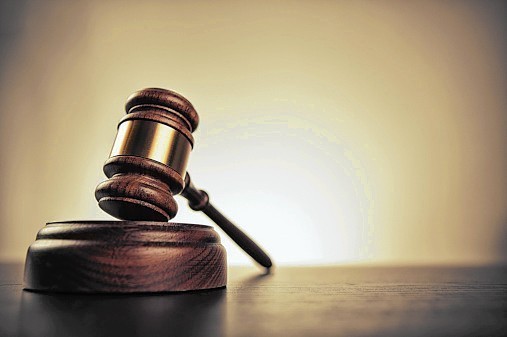
Eradicating Bias: The Supreme Court’s Decisive Move Against Mentioning Caste and Religion in Courtrooms
Author – Janhavi Nagdeve
In a landmark decision that resonates with the fundamental principles of equality and justice, the Supreme Court of India has directed all courts to shun the practice of mentioning the caste or religion of litigants in cases. This directive, issued on January 29, 2024, marks a significant step towards dismantling the pernicious influence of social identities in the legal system.
The practice of including caste and religion in court documents, often found in the memo of parties, has long been criticized for its potential to introduce bias and prejudice into legal proceedings. Such information serves no purpose in determining the merits of a case and can instead fuel discriminatory attitudes and unfair outcomes. Recognizing this, the Supreme Court, in its recent order, termed the practice “unnecessary” and “incompatible with the principles of equality and justice.”
The directive’s significance lies in its multifaceted impact. Firstly, it upholds the constitutional guarantee of equality before the law. By removing caste and religion from court documents, the judiciary ensures that every individual, regardless of their social background, receives fair and impartial treatment. This reinforces the notion that justice is blind to extraneous factors and solely determined by the facts and law of the case.
Secondly, the decision addresses the potential for implicit bias that can creep into legal proceedings when sensitive information like caste or religion is readily available. Judges, lawyers, and even litigants themselves can be subconsciously influenced by such information, leading to unfair judgments and discriminatory practices. By removing these identifiers, the courtroom becomes a more neutral space where individuals are judged based on their actions and arguments, not their social markers.
Furthermore, the directive sends a powerful message against the societal evils of casteism and religious discrimination. By actively removing these identifiers from the legal system, the judiciary stands as a beacon of inclusivity and equality, encouraging a society where individuals are valued for their character and contributions, not their birth or belief.
The Supreme Court’s decision is a crucial step towards a more just and equitable legal system. However, its effectiveness hinges on its thorough implementation. Proper training and sensitization programs for judges, lawyers, and court staff are essential to ensure complete adherence to the directive. Additionally, robust monitoring mechanisms must be established to identify and address any instances of non-compliance.
In conclusion, the Supreme Court’s directive against mentioning caste and religion in courtrooms is a commendable step towards dismantling discriminatory practices and upholding the principles of equality and justice. By actively promoting inclusivity and neutrality within the legal system, the judiciary sets a precedent for a more just and equitable society for all. This decision serves as a reminder that true justice lies not in acknowledging social identities, but in recognizing the inherent dignity and worth of every individual.




+ There are no comments
Add yours